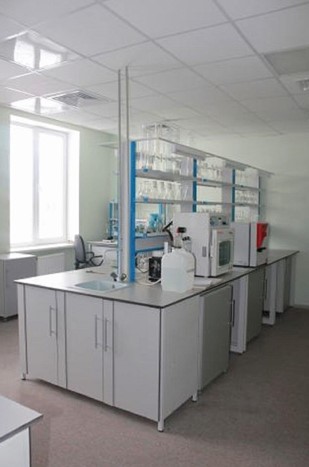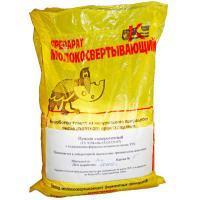SCMP learned of the deaths of dozens of China's leading scientists and engineers due to COVID-19 at the Chinese
China's leading engineers and scientists have died "at an unprecedented rate" since the country's anti-COVID restrictions were lifted, with 20 members of the Chinese Academy of Engineering (CAE) alone dying in less than a month, more than the usual death rate in a year, South CHINA reported. Morning Post (SCMP).
The newspaper notes that CAE is China's most prestigious engineering academy, with more than 900 members. According to the SCMP, it was the academy's scientists who were involved in the concept development, design and construction of almost all of the country's megaprojects.
According to the newspaper, citing a CAE statement, 20 members of the academy died in the last month alone, while in the period from 2017 to 2021, an average of 16 people died per year, and in 2021 - 13 people.
Recently deceased include Xu Mi, chief engineer of China's fast nuclear reactor program, Zhao Zizen, developer of China's first optical fiber, Zhang Guocheng, founding engineer of China's rare earth industry, and Zhao Yinjun, winner of China's top national science and technology award for contributions to China's laser weapons.
See also China builds quarantine center in Guangzhou amid covid-19 outbreaks 00:16
CAE has not officially reported the causes of death of scientists, but SCMP links them with the abolition of anti-COVID measures in the country. As one DOCTOR who works at a major hospital in Beijing told the paper on condition of anonymity, all members of the academy usually received privileged treatment equivalent to that of deputy ministers. But lately, hospital rooms have been running out of empty seats, and patients will be lucky if there is a place in the lobby. The pandemic has also caused a depletion of resources in the public HEALTH system, leading to a delay in the treatment of other diseases, the medic said.
In turn, the scientist, who asked not to be named, said that it was too early to assess the overall impact of the pandemic on China's science and technology sector. “Now our border is reopening. We can meet colleagues from all over the world to generate new ideas again and collaborate closely on interesting projects,” he said.
Read on RBC Pro Which Russian companies are growing the fastest. RBC rating What do the changes in the lists of "black" and "white" countries-jurisdictions mean? How is it profitable for management to buy out a Russian business from a foreign company?The Chinese Foreign Ministry threatened to respond to countriesrestricting Chinese entry Politics
China began phasing out its "zero tolerance" policy for COVID-19 in early December, following massive anti-lockdown protests in the country. In particular, the country canceled indiscriminate universal PCR testing, and asymptomatic patients and those with mild COVID-19 were allowed to remain in home quarantine without mandatory hospitalization.
After that, the country experienced a record outbreak of CORONAVIRUS cases: in December, almost 250 million people in China were infected with COVID-19, BLOOMBERG reported on December 23, citing classified data from the Chinese Health Committee. The authorities did not confirm this information: according to official data, 3.7 thousand new cases of coronavirus were detected in the country on December 22, and the total number of confirmed cases since the beginning of the pandemic reached 393 thousand. Then the country stopped publishing daily data on the incidence.
On January 4, Bloomberg, based on a survey of eyewitnesses, funeral professionals and experts, reported that a sharp increase in the number of cases of coronavirus in China led to the fact that the crematoriums in the country overflowed. Thus, employees of funeral homes in Beijing and Shanghai told the agency that crematoriums work every night, and the nearest free place for the cremation ceremony of the dead is only in mid-January.



























































